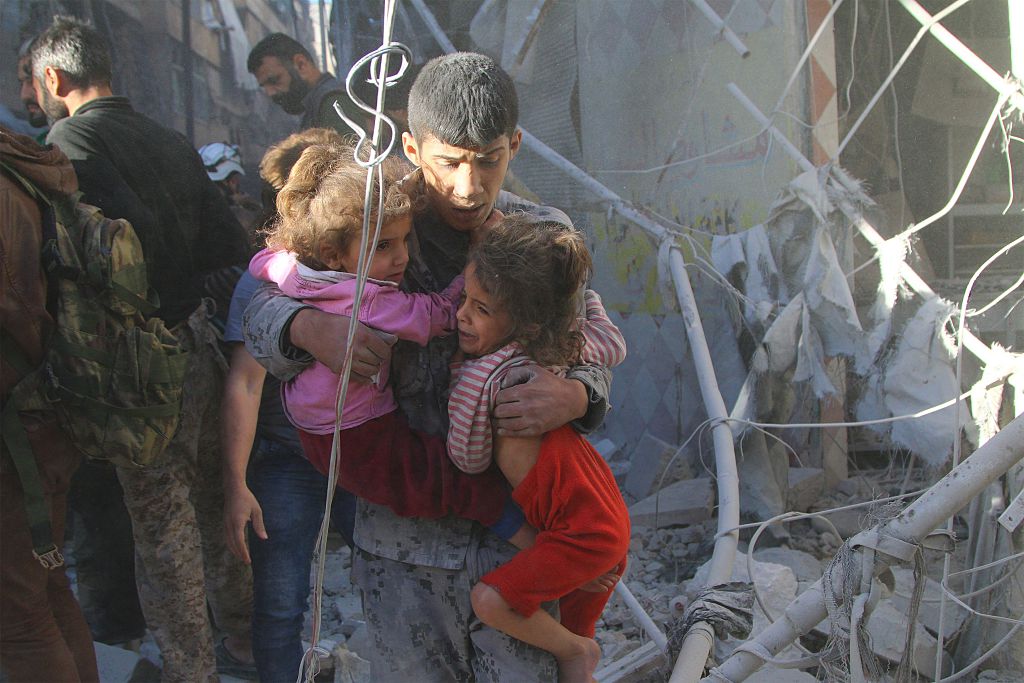
In our cover story of 26 November 2021 Bruno Maçães provocatively asked: Is Putin preparing for war? Maçães had returned, with feelings of foreboding, from the Valdai Discussion Club, a Russian pseudo-Davos, in the Caucasus mountains. At the summit, in a wide-ranging speech addressing climate change, technological revolution, the Covid pandemic, the “inconstant constancy” of American power, the rise of wokeness, the return of the nation state and great power rivalry, Vladimir Putin said Russian society had developed “herd immunity to extremism” and was thus well-suited to the “upheavals and socio-economic cataclysms” to come.
In his address Putin rejected liberal universalism and the belief that there is one form of life suited to all human societies. “It is impossible to impose anything on anyone, be it the principles underlying the socio-political structure or values that someone, for their own reasons, has called universal,” he said. “When a real crisis strikes, there is only one universal value left and that is human life, which each state decides for itself how best to protect based on its abilities, culture and traditions.”



